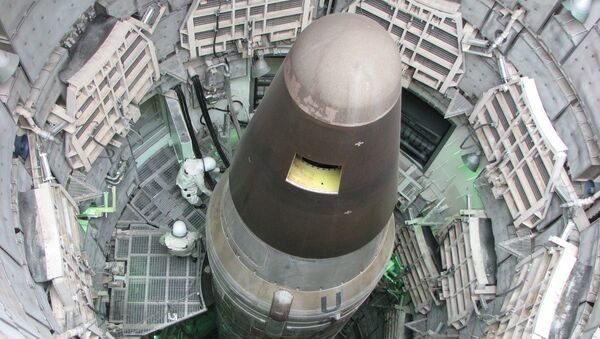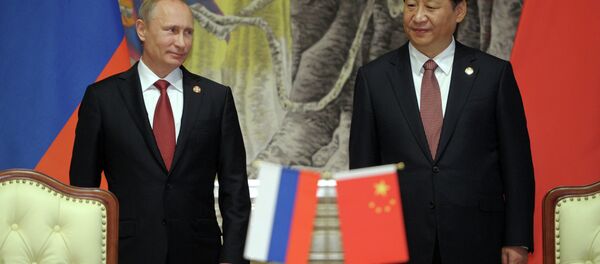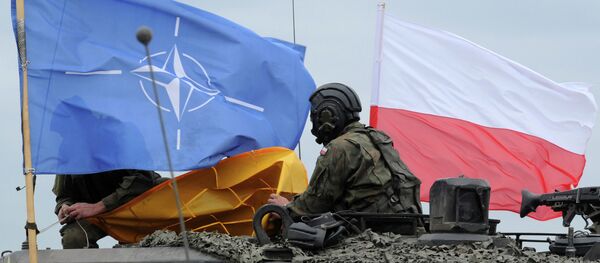While the Minsk II agreement is falling apart at the seams, neglected by both the West and the Kiev regime, the new Cold War is rapidly spreading across Eastern Europe through efforts of Washington; the situation is grave since the new Cold War is far more dangerous than the previous one, professor of Russian studies at Princeton University and New York University Stephen F. Cohen warns.
"All the elements of the 40-year Cold War plus some are now back. We've got a nuclear conventional buildup on both sides, we have an all-out propaganda war, we have sanctions on both [sides] and we have ideology," Professor Cohen noted.
"This Cold War is more dangerous for the following reasons: there are no rules. During the 40-year Cold War there were all sorts of rules of behavior on both sides, recognition of red lines that should not be crossed… Those rules no longer exist. There was arms control and attempts to keep nuclear weapons under control and even reduce them. That is now stopped. There was a lot of diplomacy. There is no diplomacy now," Stephen Cohen pointed out.
While US President Obama is claiming that his policy of Russia's isolation has succeeded, obviously this is not the case. Instead, "Russia moved economically, politically and militarily ever closer to China," as a result of the new Cold War and the Ukrainian crisis according to the scholar.
The BRICS' countries — China, Russia, India, Brazil, South Africa and, possibly, Iran — "may set up an international bank to rival the International Monetary Fund; they may set up a defense organization to rival NATO. But geopolitically whatever they do, what we see here, is the old world dominated by the United States and NATO now losing their hegemony [while] a multi-polar world is emerging," the professor highlighted.
So, is Russia really isolated? The scholar noted that the peoples of Russia, India and China amount to two thirds of the world's population. All the three countries have a lot of resources, a lot of military power, a lot of technology and a lot of ambitions that coincide.
Meanwhile the situation on the ground is deteriorating steadily. Pentagon chief Ashton Carter has recently announced that NATO would deploy its military contingent equipped with heavy offensive weapons in the Baltic states and some Eastern European countries.
According to Stephen Cohen, there was some gruesome symbolism in the fact that during joint NATO exercises near Russia's borders, in the Baltic region, the US Air Force's B-2 stealth bomber, a key component of the US long-range strike arsenal, appeared.
Professor Cohen stressed that B-2 bombers were built to deliver nuclear bombs to targets inside Russia.
"Ask yourself: what message are the United States and these B-2 bombers sending to the Kremlin?" the scholar asked.




